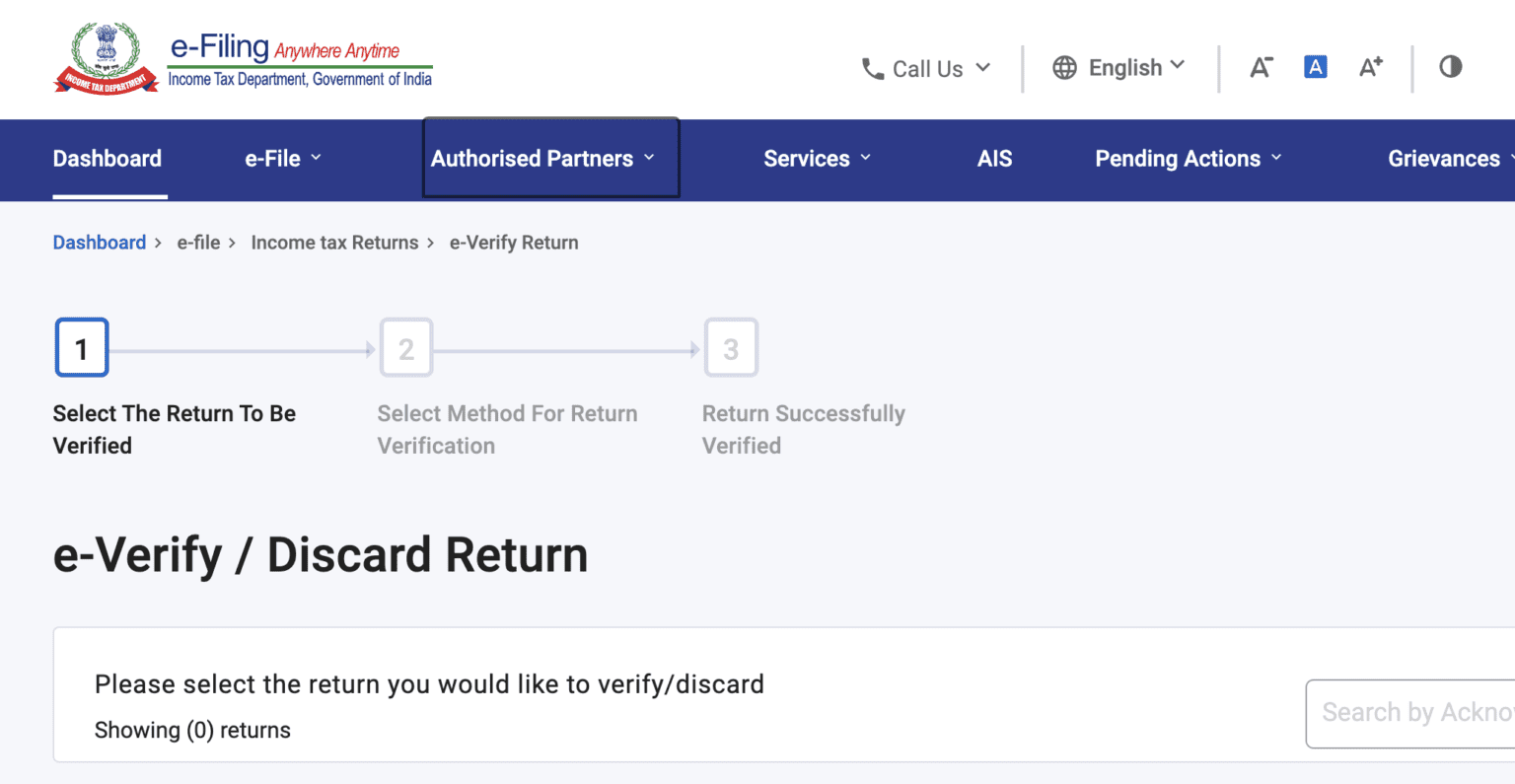Tax Deducted at Source (TDS): Applicability of TDS, when a person making certain specified payments, such as salaries, interest, rent, professional fees, etc., deducts tax at the prescribed rates from the payment and remits it to the government. The responsibility of deducting and depositing the tax on behalf of the recipient lies in the hands of the person making the payment. The rates for TDS are also specified in the Income Tax Act, and they vary depending on the nature of payment.
- Applicability: TDS is applicable to various types of payments, including salaries, interest, rent, commission, professional fees etc. Multiple sections of the Income Tax Act prescribe specific rates and threshold limits for each type of payment.
- Tax Deduction and Remittance: The person responsible for making the payment (referred to as the “deductor”) is required to deduct tax at the prescribed rates from the payment. The deducted tax must be remitted to the government within the specified time frame.
- TAN (Tax Deduction and Collection Account Number): Deductors are required to obtain a TAN from the Income Tax Department and quote it in all TDS-related transactions.
- TDS Rates: The Income Tax Act specifies different TDS rates for different types of payments. The rates may be depending over the factors like nature of the payment, the recipient’s status, and the total income of the recipient.
- Threshold Limits: Certain payments are exempt from TDS if they do not exceed the prescribed threshold limits. These limits may be depending on the type of payment and the recipient’s status.
- TDS Certificates: After deducting TDS & Filing the relevant TDS return, the deductor is required to issue a TDS certificate to the deductee (the person from whom tax is deducted). The certificate must contain details such as the amount of TDS deducted, the nature of payment, and other necessary & relevant information.
- TDS Returns: Deductors are required to file periodic TDS returns with the Income Tax Department. These returns provide details of TDS deductions made during a specific period.
TDS Time Limits:
TDS Deduction: The person responsible for making specified payments (the deductor) is required to deduct TDS at the time of payment or credit to the payee, whichever is earlier. The TDS amount should be deducted at the prescribed rates based on the nature of payment.
TDS Payment: The TDS amount deducted must be deposited to the government within the following time limits:
- For the month of March: By 30th April of the next financial year.
- For any other month: Within seven days from the end of the month in which the deduction is made.
TDS Return: The deductor is required to file TDS returns. The due dates for TDS return filing are as follows:
- For the quarter ending 30th June: By 31st July.
- For the quarter ending 30th September: By 31st October.
- For the quarter ending 31st December: By 31st January.
- For the quarter ending 31st March: By 31st May of the next financial year.
TDS Applicable Rates for Financial Year 2023-2024:
S.No | Section | Particulars | Threshold Limit (Rs.) | TDS % | |
Others | Company | ||||
1 | 192 | Salaries | Average Rate | ||
2 | 192A | Payment of accumulated balance of provident fund which is taxable in the hands of an employee. | 50000 | 10% | |
3 | 193 | Interest on securities | 2500 | 10 | 10 |
4 | 194 | Deemed dividend | 5000 | 10 | 10 |
5 | 194A | Interest other than Int. on securities Senior Citizen Other | 50000 40000 | 10 | 10 |
6 | 194B | lotteries, crossword puzzles, card games and other games of any sort, or from gambling or betting of any form or nature | 10000 | 30 | 30 |
7 | 194BA | Winnings from Online Gaming | 10000 | 30 | 30 |
8 | 194BB | Winnings from Horse Race | 10000 | 30 | 30 |
9 | 194C | Contractor/Sub-Contractor Individual/HUF Other | Single Transaction: 30,000 & Aggregate Transaction: 1,00,000 | 1 2 | 1 2 |
10 | 194D | Insurance Commission | 15000 | 5 | 10 |
11 | 194DA | Payment in respect of life insurance policy w.e.f. 1/9/2019, the tax shall be deducted on the amount of income comprised in insurance pay-out | 100000 | 5 | 5 |
12 | 194EE | Payment w.r.t deposit under National Savings scheme | 2500 | 10 | 10 |
13 | 194F | Repurchase of units by MF/UTI | 20 | 20 | |
14 | 194G | Commission on sale of lottery tickets | 15000 | 5 | 5 |
194H | Commission or Brokerage | 15000 | 5 | 5 | |
15 | 194I | Rent a) Land or building or furniture or fitting | 240000 | 10 | 10 |
a) Plant & Machinery | 240000 | 2 | 2 | ||
16 | 194 IA | TDS on transfer of immovable property other than agriculture land | 50 Lakhs | 1 | 1 |
17 | 194IB | Payment of rent by individual or HUF not liable to tax audit | 50,000 per month | 5 | |
18 | 194IC | Payment of monetary consideration under Joint Development Agreements | 10 | 10 | |
19 | 194J | Fees for professional or technical services: i) sum paid or payable towards fees for technical services ii) sum paid or payable towards royalty in the nature of consideration for sale, distribution or exhibition of cinematographic films; iii) Any other sum | 30000 30000 30000 | 2 2 10 | 2 2 10 |
20 | 194K | Income in respect of units payable to resident person | 10 | 10 | |
21 | 194LA | Compensation on acquisition of immovable property | 250000 | 10 | 10 |
22 | 194LBA(1) | Business trust shall deduct tax while distributing, any interest received or receivable by it from a SPV or any income received from renting or leasing or letting out any real estate asset owned directly by it, to its unit holders. | 10 | 10 | |
23 | 194LBB | Investment fund paying an income to a unit holder [other than income which is exempt under Section 10(23FBB)] | 10 | 10 | |
24 | 194LBC | Income in respect of investment made in a securitisation trust (specified in Explanation of section 115TCA) | 25 | 30 | |
25 | 194M | Payment of commission (not being insurance commission), brokerage, contractual fee, professional fee to a resident person by an Individual or a HUF who are not liable to deduct TDS under section 194C, 194H, or 194J. | 50 Lakhs | 5 | 5 |
26 | 194O | Payment or credit of amount by the e-commerce operator to e-commerce participant | 5 Lakhs | 1 | 1 |
27 | 194N | Cash withdrawal during the previous year from one or more account maintained by a person with a banking company, co-operative society engaged in business of banking or a post office: i) in excess of Rs. 1 crore# ii) in excess of Rs. 20 lakhs* * for those persons who have not filed return of income (ITR) for three previous years immediately preceding the previous year in which cash is withdrawn, and the due date for filing ITR under section 139(1) has expired. The deduction of tax under this situation shall be at the rate of: a) 2% from the amount withdrawn in cash if the aggregate of the amount of withdrawal exceeds Rs. 20 lakhs during the previous year; or b) 5% from the amount withdrawn in cash if the aggregate of the amount of withdrawal exceeds Rs. 1 crore during the previous year. # The threshold limit of Rs. 1 crore is increased to Rs. 3 crores if the withdrawal of cash is made by co-operative society. | 2 2/5 | 2 2/5 | |
28 | 194P | Deduction of tax by specified bank in case of senior citizen having age of 75 or more | Basic exemption available | as per Slab | as per Slab |
29 | 194Q | Payment for purchase of goods of the aggregate value exceeding Rs. 50 lakhs | 50 Lakhs | .1 | .1 |
30 | 194R | Deduction of tax in case any benefit or perquisite is provided and aggregate value of such benefit/perquisite exceeds Rs. 20,000 Note: Benefit or perquisite should be arising from business or the exercise of a profession by such resident. | 20000 | 10 | 10 |
31 | 194S | Payment on transfer of Virtual Digital Asset Note: In the following circumstance no tax shall be deducted under this provision: • If the consideration is payable by any person with its aggregate value does not exceed Rs. 10,000 during the financial year. • if the consideration is payable by a specified person and its aggregate value does not exceed Rs. 50,000 during the financial year. Specified person means: (a) An individual or a HUF, whose total sales, gross receipts or turnover does not exceed Rs. 1 crore in case of business or Rs. 50 lakhs in case of a profession, during the financial year immediately preceding the financial year in which virtual digital asset is transferred; (b) An individual or a HUF who does not have any income under the head profits and gains of business or profession. | Other Payer-10K Specified Person-50K | 1 | 1 |
FAQ's
TDS stands for Tax Deducted at Source. It is a mechanism for collecting income tax in India, where the person making the payment deducts a certain percentage of tax before making the payment to the recipient.
The purpose of TDS is to ensure the collection of tax at the time of generating income, rather than collecting it in a lump sum at the end of the financial year. It helps in the regular inflow of taxes to the government and ensures greater compliance with the tax laws.
Various entities such as employers, businesses, and individuals making specified payments are liable to deduct TDS. This includes employers deducting tax from employees' salaries, businesses deducting tax on payments to contractors or professionals, and individuals deducting tax on certain specified payments.
The rate of TDS is determined by the Income Tax Act and is specified in the TDS provisions or rates notified by the government. Different rates apply to different types of payments and recipients. The rates can vary based on factors such as the nature of the payment, the recipient's status, and the amount of income.
Thresholds for TDS deduction vary depending on the type of payment and the recipient. For example, in the case of salary income, TDS is deducted if the income exceeds the basic exemption limit. For other payments, such as rent, contractor payments, or professional fees, TDS is deducted if the payment exceeds specified thresholds.
The person deducting TDS is required to deposit the deducted amount with the government within the prescribed time frame. This can be done through online payment modes or by physically depositing the amount at designated banks.
Yes, if the total tax liability of the recipient is lower than the TDS deducted, they can claim a refund when filing their income tax return. The refund is processed by the income tax department after the return is filed and verified.
No, TDS is not mandatory on all payments. The Income Tax Act specifies certain payment thresholds and types of payments where TDS is required to be deducted. It is important to refer to the relevant provisions of the act or seek professional advice to determine if TDS is applicable to a particular payment.
Non-compliance with TDS provisions can attract penalties and interest. If TDS is not deducted or not deposited with the government, the deductor may face penalties and interest charges. Additionally, the deductee may face difficulties in claiming credit for the TDS not deposited by the deductor.
Yes, certain individuals or entities may be eligible for exemption from TDS deduction under specific provisions of the Income Tax Act. For example, if the recipient has obtained a certificate for non-deduction of TDS, they may be exempt from TDS deduction on specified payments.











